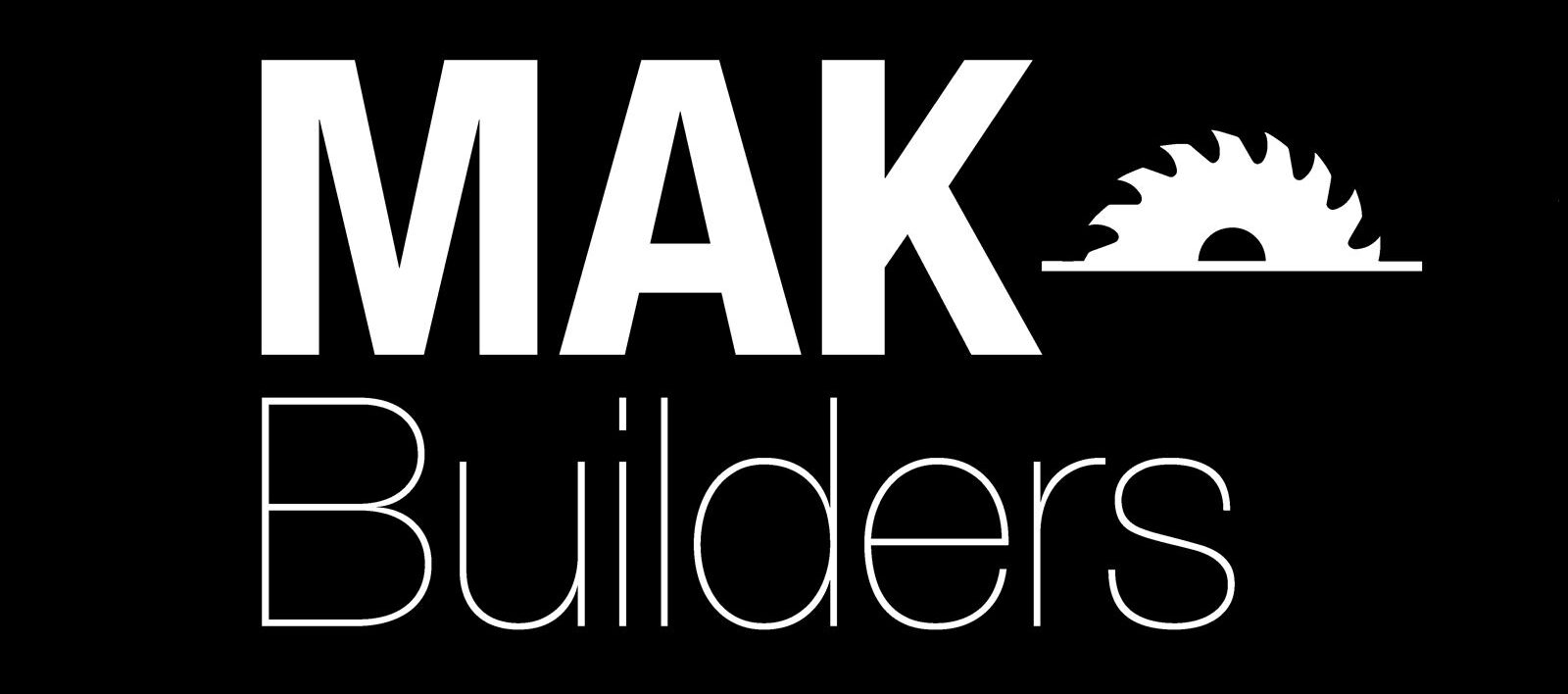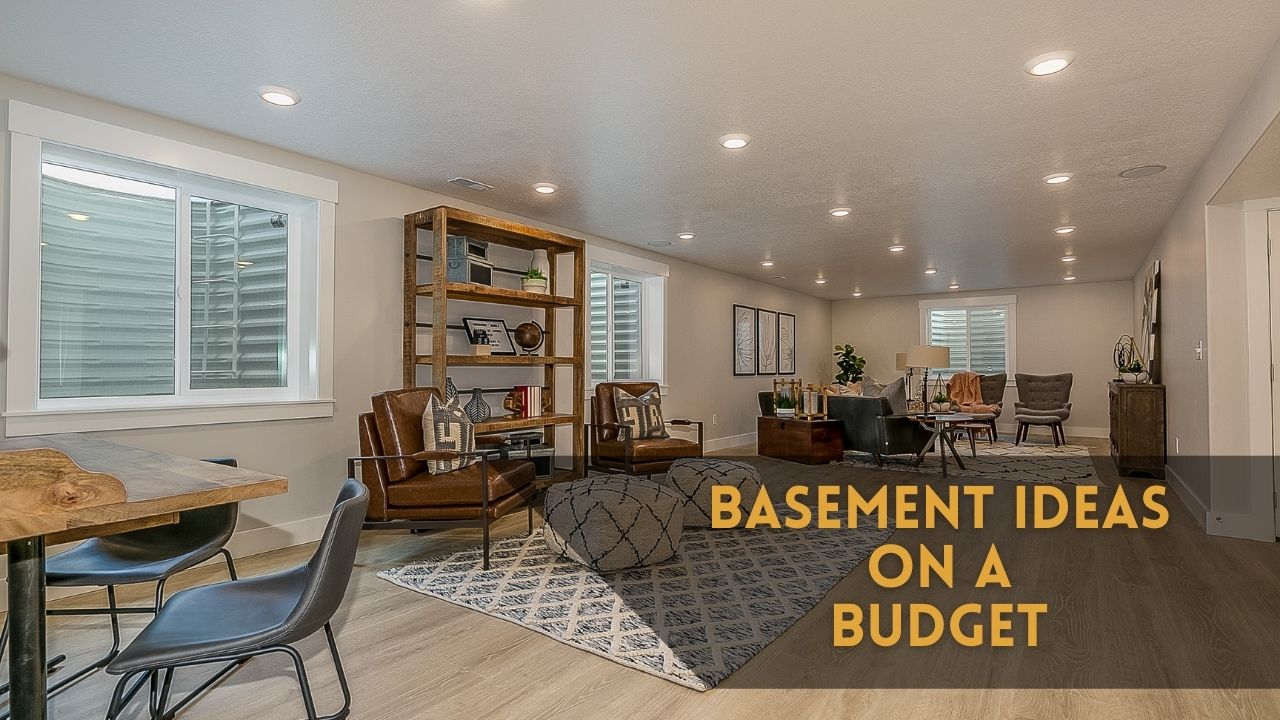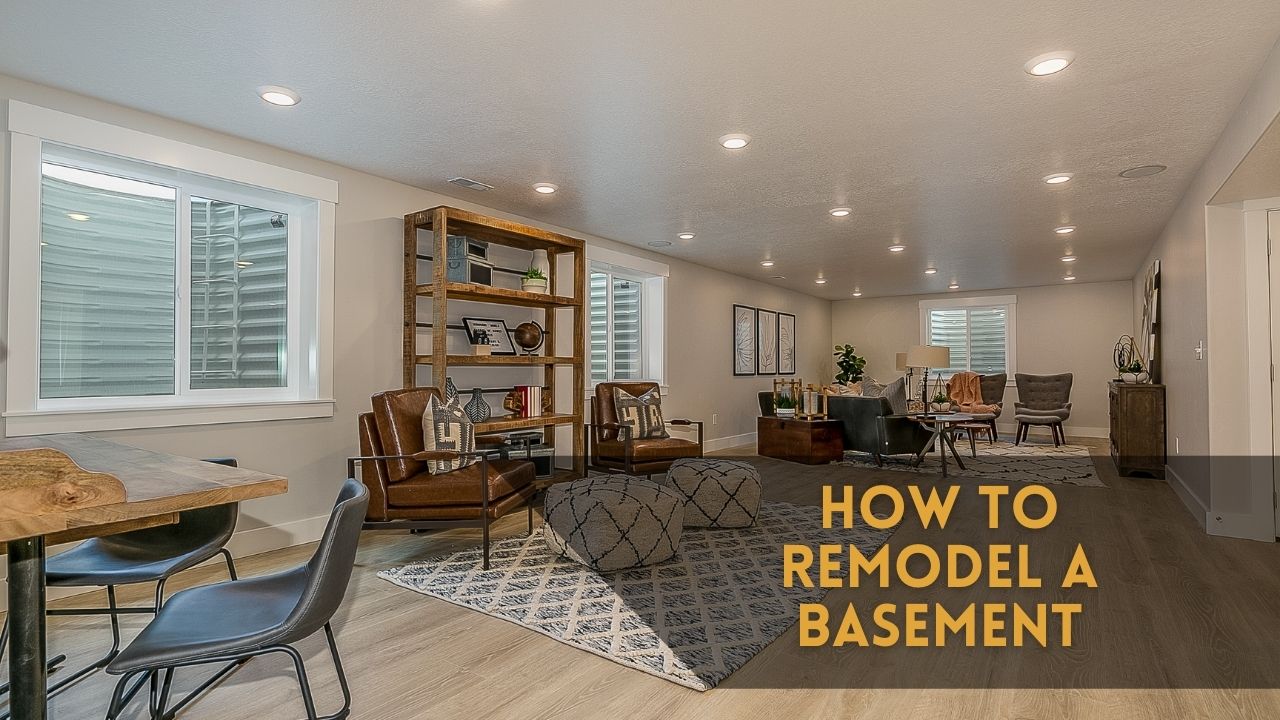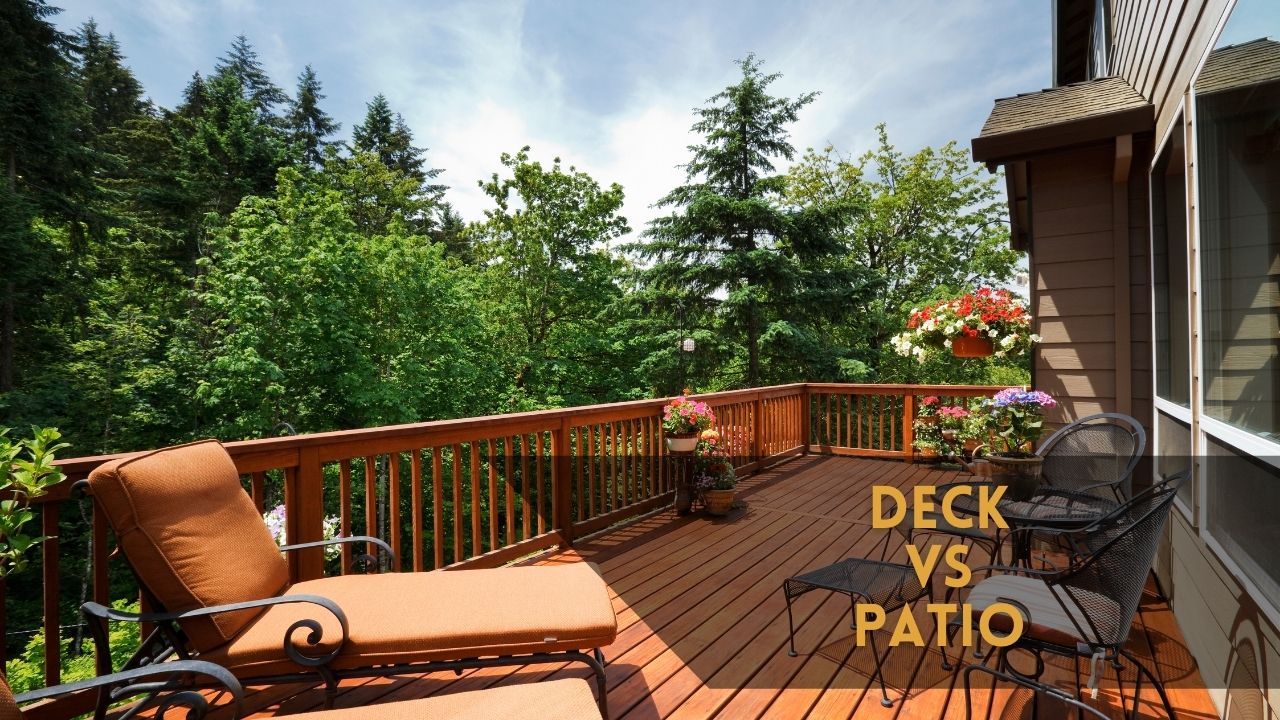Are you thinking about remodeling your basement but unsure about the costs? We’ve got you covered.
In this article, we’ll break down the budget for a basement remodel, giving you a clear understanding of what to expect. From average costs to factors that influence the overall price, we’ll provide all the information you need.
Discover the difference between a remodel and a renovation, the impact of basement condition and size, and the role of subcontractors, labor, and permits.
Get ready to plan your project effectively.
Average National Basement Remodel Cost
When budgeting for your basement remodel, it’s important to know the average national cost. The average cost of a basement remodel in the United States is around $21,541.
However, it’s important to note that the cost can vary depending on factors such as the size of the basement, the condition of the space, and the extent of the renovation. The typical range for a basement remodel is between $30 and $75 per square foot.
This range takes into account the cost of materials, labor, and any additional expenses such as hiring a contractor or obtaining permits.
It’s always a good idea to get multiple estimates and create a budget based on your specific needs and goals for the remodel.
Basement Remodel Vs. Renovation
To determine the difference between a basement remodel and a basement renovation, consider the changes you want to make to the space and whether they involve altering the layout or simply making repairs.
A basement remodel typically involves changing the layout and adding or replacing finish materials. This could include installing a kitchen or entertainment center, which can be expensive.
On the other hand, a basement renovation focuses on making repairs and restoring the space to a like-new condition. This could be necessary after water or fire damage, and the cost will depend on the extent of the repairs needed.
Understanding the difference between a remodel and a renovation is crucial for budgeting and knowing how much it will cost to finish your basement.
Factors Affecting Basement Remodel Cost
Factors that impact the cost of a basement remodel include the size of the basement, the condition of the space, and the specific modifications needed.
The size of the basement plays a significant role in determining the overall cost, as larger areas require more materials and labor.
Additionally, the condition of the space can affect the cost, especially if there are moisture problems or leaks that require waterproofing.
The specific modifications needed, such as permits, foundation work, flooring, walls, plumbing, electrical, insulation, framing, lighting, and finishings, will also contribute to the total cost.
It’s important to consider these factors when budgeting for a basement remodel to ensure an accurate estimate and avoid any unexpected expenses.
Subcontractors and Labor
Hiring subcontractors and labor is an essential part of your basement remodel. They will contribute to the overall cost and ensure the project is completed professionally and according to building codes. Here are some key points to consider when it comes to subcontractors and labor for your basement remodel:
- Different subcontractors are necessary for various aspects of the remodel, such as HVAC, painting, carpentry, and drywall.
- Hiring a designer can add to the cost, but their expertise can greatly improve the basement layout and overall aesthetics.
- Licensed electricians and plumbers are essential for ensuring that the electrical and plumbing work meets building codes.
- Labor costs will vary depending on the complexity of the remodel and the specific tasks involved.
- Obtaining the necessary permits is crucial, and the fees for filing permits can vary by city and state.
Additional Costs and Considerations
Now let’s delve into the additional costs and considerations you should keep in mind when planning your basement remodel. In addition to the basic cost of a basement remodel, there are several other factors that can impact your budget. Here are some additional costs and considerations to be aware of:
| Additional Costs and Considerations | Cost Range |
|---|---|
| Mold or water damage cleanup | $1,200 to $5,100 |
| Waterproofing | $2,000 to $7,000 |
| Adding rooms (e.g., bathroom, master suite) | Increases cost |
Mold or water damage cleanup is an important consideration, as it can add significant costs to your project. Similarly, waterproofing your basement is essential to prevent future water damage and can increase your budget. Adding rooms, such as a bathroom or master suite, will also impact the cost of your remodel. It’s important to factor in these additional costs and considerations when planning your basement remodel to ensure you have a realistic budget and avoid any unexpected expenses. By carefully considering these factors, you can save money and achieve the finished basement of your dreams.
Requirements for a Legally Finished Basement
To legally finish your basement, you must meet specific requirements for ceiling height and egress windows. Here are the key requirements to keep in mind:
- Ceiling Height: Legal living spaces require a minimum ceiling height of seven feet. If your basement doesn’t meet this requirement, you may need to consider options like digging out the basement, which can cost between $3,000 to $4,000 for architectural design alone.
- Egress Windows: Egress windows must be positioned correctly and meet specific size requirements. These windows are essential for emergency exits and ensuring the safety of occupants. Installing egress windows can be a significant investment, but it’s necessary to meet local codes and regulations.
- Local Codes: It’s important to check with your local building department to understand the specific requirements for finishing your basement. They’ll have guidelines on issues such as waterproofing, drainage, stairs, doors, wall insulation, and fire safety.
- Customization: Depending on your plans for the basement, you may need to make additional modifications to meet legal requirements. This could include adding a bathroom, kitchenette, or other amenities that require plumbing and electrical work.
- Flooring Options: Choosing the right flooring for your basement is crucial. You’ll need to consider materials that are suitable for below-grade spaces and can withstand potential moisture issues. Options like vinyl, tile, or engineered wood are popular choices for basement flooring.
Meeting the legal requirements for finishing your basement isn’t only essential for compliance but also for ensuring the safety and functionality of the space. It’s important to budget for these requirements from the start to avoid any costly surprises along the way.
Impact of Basement Condition and Size on Costs
Consider the condition and size of your basement as key factors that will directly impact the overall costs of your remodeling project.
The current condition of your basement will determine if any additional work, such as mold remediation or waterproofing, needs to be done before the remodeling can begin. This can add significant costs to your budget.
Additionally, the size of your basement will affect the amount of materials needed and the labor required for the project. Larger basements will naturally cost more to remodel compared to smaller ones.
Other factors to consider include the installation of an egress window, the design of the space, any restrictions or guidelines from your homeowners association, and the type of flooring and heating system you choose.
Subcontractors, Labor, and Permits
When hiring subcontractors, laborers, and obtaining permits for your basement remodel, it’s important to carefully plan and budget for these additional expenses. Here are some key points to consider:
- Hiring a designer for a redesign can range from $2,000 to $13,000, depending on the complexity of the project.
- Electricians and plumbers will charge varying fees based on the scope of work involved.
- Permit fees vary by city and state and can range from $100 to $2,000 or more.
- Filing for permits is a necessary step in the basement remodeling process to ensure compliance with local building codes.
- It’s essential to factor in these costs when creating your budget for a basement remodel.
Major Cost Factors for Finishing a Basement
Are you wondering what are the major cost factors to consider when finishing a basement? There are several factors that can greatly impact the cost of finishing a basement. These include the size of the basement, labor costs, additional factors, individual projects, and furnishings. Let’s take a closer look at each of these factors:
| Major Cost Factors for Finishing a Basement | ||
|---|---|---|
| Basement Size | Labor Costs | Additional Factors |
| – Square footage determines total remodeling cost | – Skilled labor, particularly for plumbing and electrical work, is required | – Extent of the finishing project determines additional costs |
| – Larger areas require more material and labor | – Hiring a plumber and electrician is necessary to meet building codes | – Individual projects may include installing a sump pump, framing, drywall, ceiling, insulation, painting, flooring, plumbing work, egress windows, and electrical work |
| – Multiple rooms in larger basements increase cost | – Hiring a general contractor may add 10% to 25% to the total cost | – Each project has its own cost range |
| – Unfinished basements require more work than partially finished ones | – Plumbing and electrical work may require additional fees | – High water tables and rainy areas may require a sump pump installation |
| – Partially finished basements may already have some plumbing and HVAC amenities | – Coordinating the project with a general contractor ensures smooth execution | – Framing costs depend on linear footage |
In addition to these factors, the choice of furnishings can also impact the overall cost of finishing a basement. Customizing the space with furniture and features such as a foosball table, basic furniture, pool table, laundry facilities, wet bar, kitchenette, or home theater can range in cost from $650 to $17,500. It’s important to consider your personal preferences and desired functionality when selecting furnishings for your finished basement.
Furnishings and Customization
To complete your basement remodel, you’ll need to consider the furnishings and customization options that will make the space uniquely yours. Here are some ideas to help you get started:
- Bathroom Addition: Consider adding a bathroom to your basement to enhance its functionality and convenience.
- Kitchenette: Install a small kitchenette area with a sink, cabinets, and a mini-fridge for snacks and beverages.
- Home Theater: Create a cozy entertainment space with comfortable seating, a big screen TV, and surround sound.
- Office Space: Set up a dedicated workspace with a desk, chair, and storage for a productive home office environment.
- Guest Room: Transform your basement into a comfortable guest retreat with a bed, nightstands, and a dresser.
These are just a few options for furnishing and customizing your basement. The possibilities are endless, so choose the features that align with your needs and preferences.
Don’t forget to incorporate keywords like storage, wet bar, home office, playroom, and laundry room to make your basement remodel truly tailored to your lifestyle.
Conclusion
In conclusion, understanding the costs involved in a basement remodel is crucial for effective planning.
Factors such as the condition and size of the basement, as well as the need for subcontractors, labor, and permits, can greatly impact the overall budget.
Additionally, considering additional costs and requirements for a legally finished basement is essential.
By having a comprehensive understanding of these factors, you can make informed decisions throughout the remodeling process and ensure that your basement remodel stays within your desired budget.




